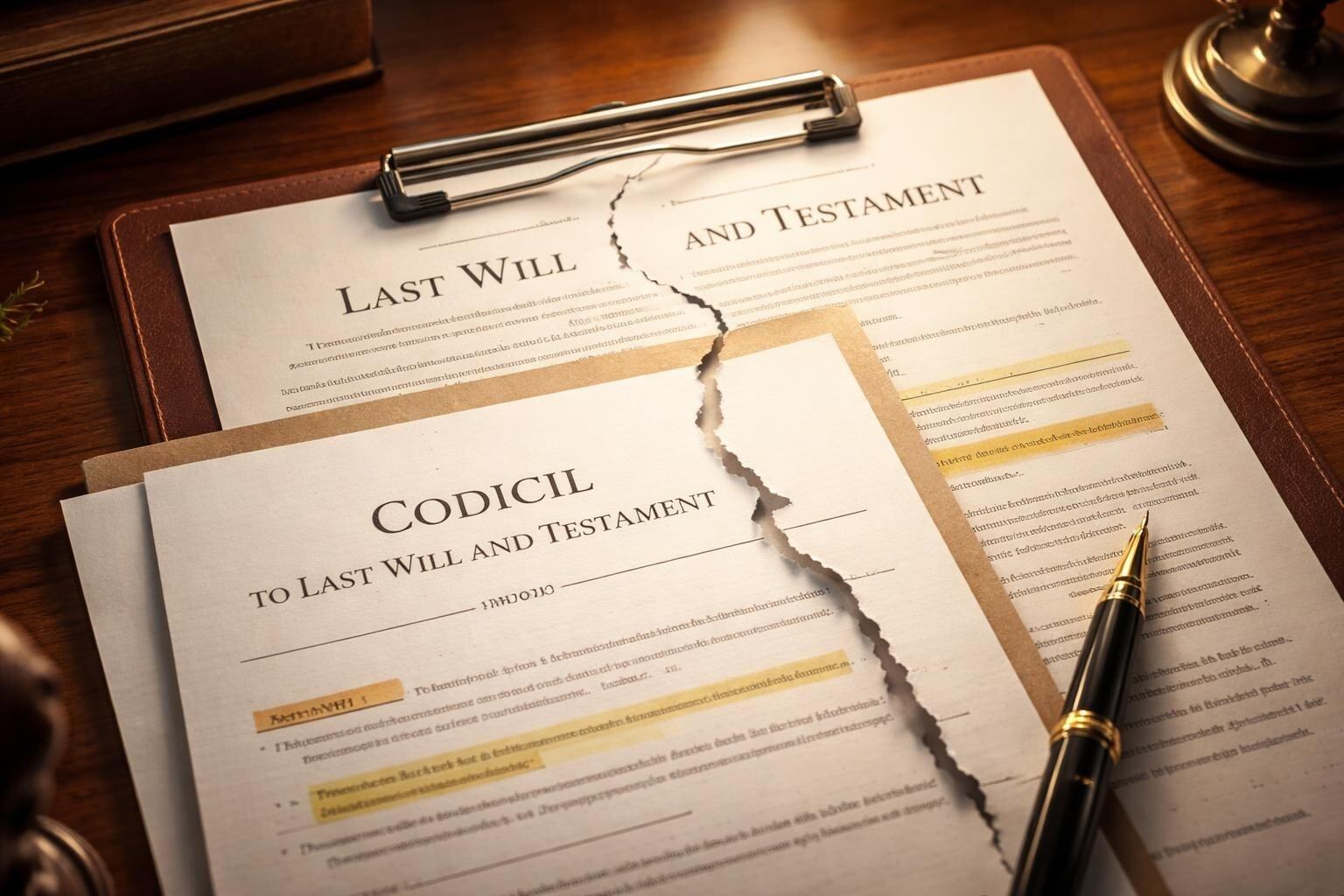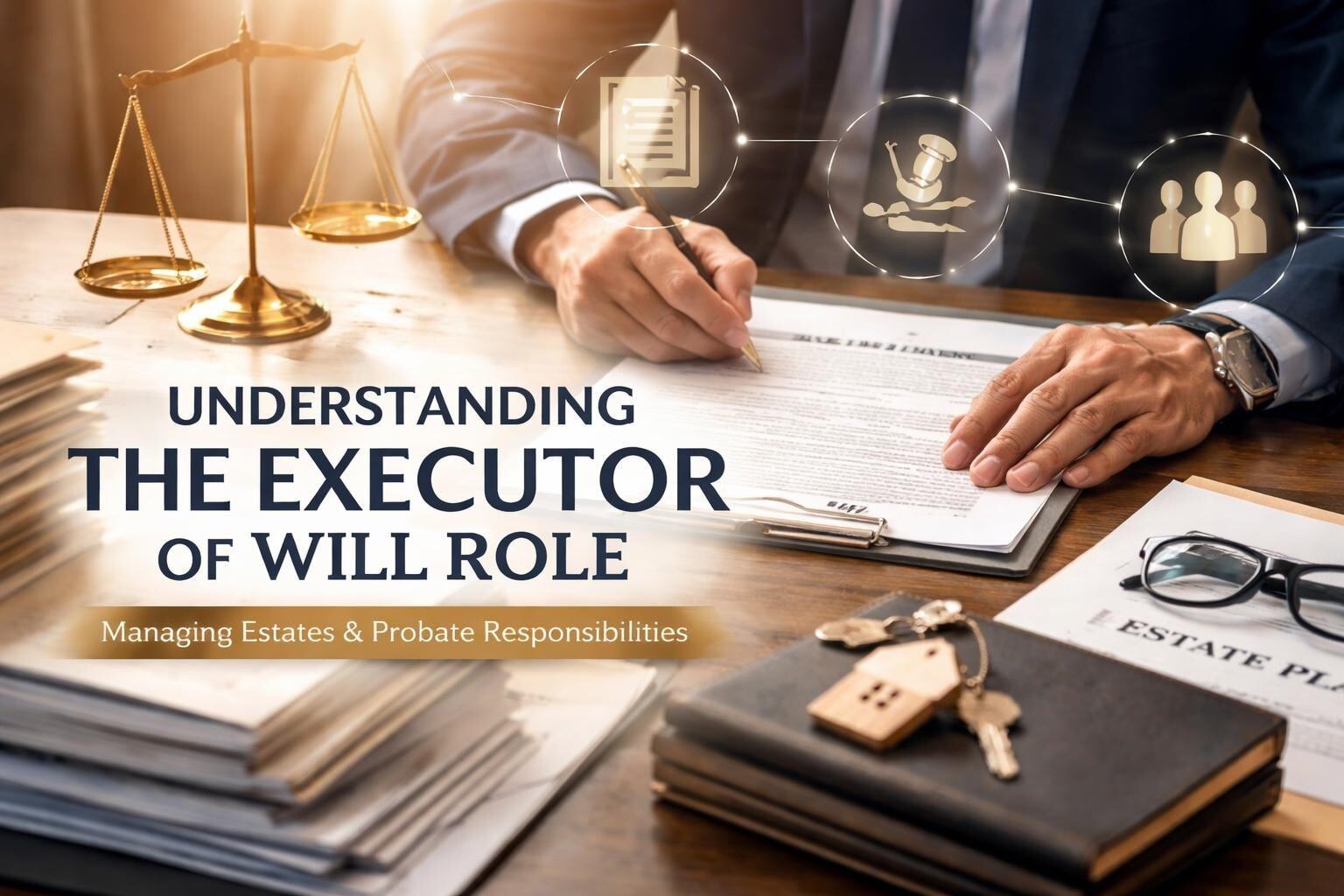Financial Power of Attorney
Financial power of attorney or POA is a legal document that grants a trusted agent the authority to act on behalf of the principal agent in financial matters. The trusted agent is the person to whom the power is vested, while the principal agent is the person who grants this authority.
Although different states have different rules regarding power of attorney, nevertheless, the main implications remain the same.
There are numerous benefits of appointing a POA, and a proper document should be signed enabling the trusted agent to perform his duties legally.
Moreover, a POA can also perform both short and long-term duties. Likewise, you can also nominate someone to take either full or limited decisions if you become unavailable or incapacitated. We will touch on all critical aspects of the power of attorney financial matters in this article, so stick around until the end.
Visit our Financial Power of Attorney Services to learn how we can assist you in creating a comprehensive POA tailored to your needs.
What is a Financial Power of Attorney?
A legal document that empowers a person to act on someone else behalf to make financial decisions in case certain conditions are met. The authority in the POA can be pretty broad or restrictive to specific duties.
Moreover, agents mentioned in the POA can legally make financial decisions on the principal’s behalf. Likewise, they can also make decisions about medical health or properties, where these decisions would remain valid legally.
The financial power of attorney is also known as a general power of attorney. It gives the agent the power to manage the finances of the principal when he is unable to do so.
Financial POA Requisites
A financial power of attorney must fulfill the following conditions to make it a legally binding POA.
- Certification and powers of your agent
- Duties and limitations of your agent
- Events for revocation
- Signature of the principal
- Effective date
- Witness and notary public confirmation
The components mentioned above are generally mentioned in a POA. However, different states may require additional information to make it legally binding.
Working on Financial POA
Once the POA is finalized and signed, it is handed over to the agent. Generally, the agent presents it to a third party as evidence of their appointment as FPOA.
Power of attorney for financial decisions, the agent should comply with the following points.
- The principal must inform banks and other financial institutions, making them aware of the appointment of the agent as his POA.
- The principal should get confirmation from institutions about the acceptance of a power of attorney.
- If the institutions refuse to accept your POA, make necessary alterations and resubmit.
- Instruct agent to present a copy of POA while making financial transactions
What does a Financial Power of Attorney do?
A financial power of attorney has several duties to perform. However, the POA itself outlines the main scope of responsibilities. However, generally, power of attorney financial obligations include the following.
- Make financial decisions in the best interest of the principal
- Monitor financial matters
- Making financial decisions
- Paying bills
- Filing tax returns
- Managing investments
- Keeping accurate records
Types of Power of Authority
There are three major types of POAs – general, limited, and durable. Although the core purpose of all of these is to ensure your financial assets are well taken care of, the type dictates the amount of power that the agent holds and the timing of their responsibilities take effect.
General POA
General financial power of attorney is not one of the popular options for financial power of attorney. Since it limits POA to state lawn only and revokes when the principal dies, it becomes mentally coherent. Therefore, general POA is not a preferred option for individuals.
However, it is equally popular among individuals who intend to take recurring trips and those serving in the army. Hence, they opt for general POA as it empowers the agent for a limited period.
Moreover, the general POA authorizes the agent to manage bank accounts, sign checks, and even sell property.
Limited POA
As the name suggests, this type of POA has limited powers. Hence, the agent can act only to the extent as such mentioned in the POA document. For instance, when a principal signs a POA authorizing the agent to pay bills and deposit checks only. Therefore, the agent cannot withdraw cash under such a POA.
Moreover, limited POAs are time-bound and come into effect immediately. Therefore, it expires when the principal does not need assistance in financial management.
Therefore, it is an ideal option if you are planning a short trip or have temporarily limited mobility.
Durable POA
The type of POA remains valid even if the principal is mentally incapacitated, in a coma, or incapable of advocating for himself. Therefore, making it an ideal option for elderly and terminally ill individuals.
However, the principal can limit the responsibilities in durable POA by advising details. Moreover, the principal can also arrange a post-effective, durable POA that will be activated upon the occurrence of a particular event.
Making a POA
Generally, you can make a POA through a series of simple steps that we are going to discuss in coming lines. Moreover, it is better to get it signed before a notary public, mainly if it includes dealing with real estate.
Moreover, you either use a financial power of attorney form or write your power of attorney for financial affairs.
Step 1: Understand your Requirements
Before you start your power of attorney financial responsibility, it is vital to understand your state’s requirements. It would help if you were clear on the below points.
- Agent, principal, and witness signatures
- Document format
- Language about actions and limitations
- Age to create a POA
- Approved witnesses
- Guidelines for incapacitated principals
This information will put you better placed to make legally binding POAs in line with your local laws.
Step 2: Pick an Agent
Since there are numerous agents available in the market, therefore you need to run a prequalification. Moreover, you can also select any family member or friend.
Once you have selected the agent, the next step is to grant them the power by entering their name in your POA. Generally, mention the below-mentioned information.
- Full name of the agent
- City, state, or residence
Furthermore, you can also add more than one agent with different authorities. However, in case you have appointed multiple agents, take extra care while outlining the responsibilities of each one of them. Additionally, you can also mention one person’s opinion to take precedence in case of disagreement between agents.
Step 3: Mention Agent’s Powers
One of the most essential parts of the POA is to outline the agent’s powers. No matter the circumstances, always clearly describe the scope of responsibility of your agent.
Here is a general list of responsibilities that must be considered while vesting the powers of the agent.
- Real estate: buy, sell, sign leases, mortgage, and execute deeds
- General property: buy, sell, and up-keeping valuables like vehicles, furniture, and jewelry
- Bank transactions: checks signs, money withdrawal, open accounts, access safe deposits
- Stocks and bonds: buy, sell, or exchange stock, bonds, and mutual funds
- Business operations: operate or sell businesses, partnerships, sell or acquire new business, act as a business partner or shareholder
- Retirement plans: manage retirement plans and pensions, designate beneficiaries, and make contributions
- Insurance: make insurance policies for principal and family, borrow against them, file and surrender claims for cash value
- Legal representation: hire attorneys, representation in legal affairs, sign legal documents
- Taxes: file and pay taxes (income and business)
- Pet care: caring for pets and maintaining their prescribed standard of living, food, shelter, and veterinary care
- Family care: ensuring the principal’s family is well taken care of and they have access to required funds
Step 4: Set Limitations
When it comes to finances, always protect yourself. Even POA agents are human beings, and they can make serious mistakes. Therefore, it is of utmost importance to maintain specific checks and balances.
To prevent abuse of POA, you can ask yourself the questions and place the answers in your power of attorney financial matters to limit the scope of responsibility.
- Can my agent profit from completing financial responsibilities by powering POA?
- Are there any powers you want to limit?
Step 5: Set Effective Date
The next step is to determine the effectiveness of your POA, whether you want it to come into effect immediately or at a specific date or happening.
The types of POAs below will decide their effectivity.
- General POA: becomes effective immediately (unless mentioned otherwise)
- Limited POA: becomes effective at a specific start and end date.
- Durable POA: becomes effective immediately unless the principal issues a springing POA outlining certain events that must occur first.
Step 6: Sign and Safeguard POA
Once you have completed all formalities, the last step is to sign it, give a copy to your agent, and keep the original away for safekeeping. However, specific states require you to notarize your POA. Thus,. Thus, you must file it with the government office.
Tips to Select a Trustworthy Agent
The first thing is to select an agent that is trustworthy and has a legal obligation to act in your favor and not mix your property with theirs.
Here are a few tips to follow while selecting an agent.
- Should be sane and 18 years of age
- Has the ability to collaborate with other agents
- Can manage your family expenses
- Has sound knowledge of finances
Frequently Asked Questions
Does a financial power of attorney need to be notarized?
Certain states require financial power of attorney to be notarized, while others exempt this document. If you are coming from the following states, you should get your POA notarized.
- California
- Georgia
- Florida
- Illinois
- Missouri
How to get a financial power of attorney?
You cannot get or become a power of attorney on your own. Since you can only act as an agent on behalf of the principal; therefore, you can become a POA if the principal appoints you.
Can there be more than one power of attorney?
Yes, the principal can appoint more than one POA. However, he must clearly define each one’s responsibilities and scope of duties. Moreover, he can also nominate a one-person decision to take effect if there is a disagreement between agents.
Is it mandatory to sign a power of attorney?
Signing a power of attorney is a legal requirement; therefore, you must sign in the presence of the notary and agent. Moreover, sign each page of the POA and provide a copy to your agent while keeping the original in your custody in a safe place.
Parting Thoughts
Financial power of attorney is a document that empowers an agent to make financial decisions on behalf of the principal. The POA has three main types depending on the nature of effectivity.
The principal can appoint an agent for a limited period to make a financial decision on his behalf, at a specific date or after the occurrence of a particular event.
Moreover, the agent is legally required to be mentally sound and have an age of 18 or above. Likewise, the principal must comply with local state law to make POA effective.
Generally, the POA must be notarized, signed by the principal, and a copy to be handed over to the agent.

Michael Lester
I spent years flying Marine Corps combat missions believing I understood America’s role in the world. Today I work in national security and cybersecurity, helping organizations understand risk, resilience, and the systems we rely on. My writing continues the same mission—bringing clarity to complex issues and inviting people to look past slogans so we can understand who we are, what we do in the world, and why it matters.



